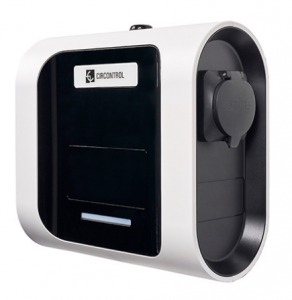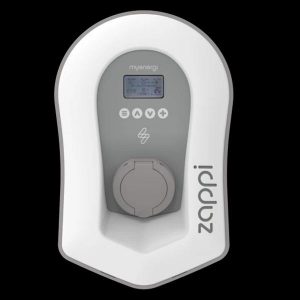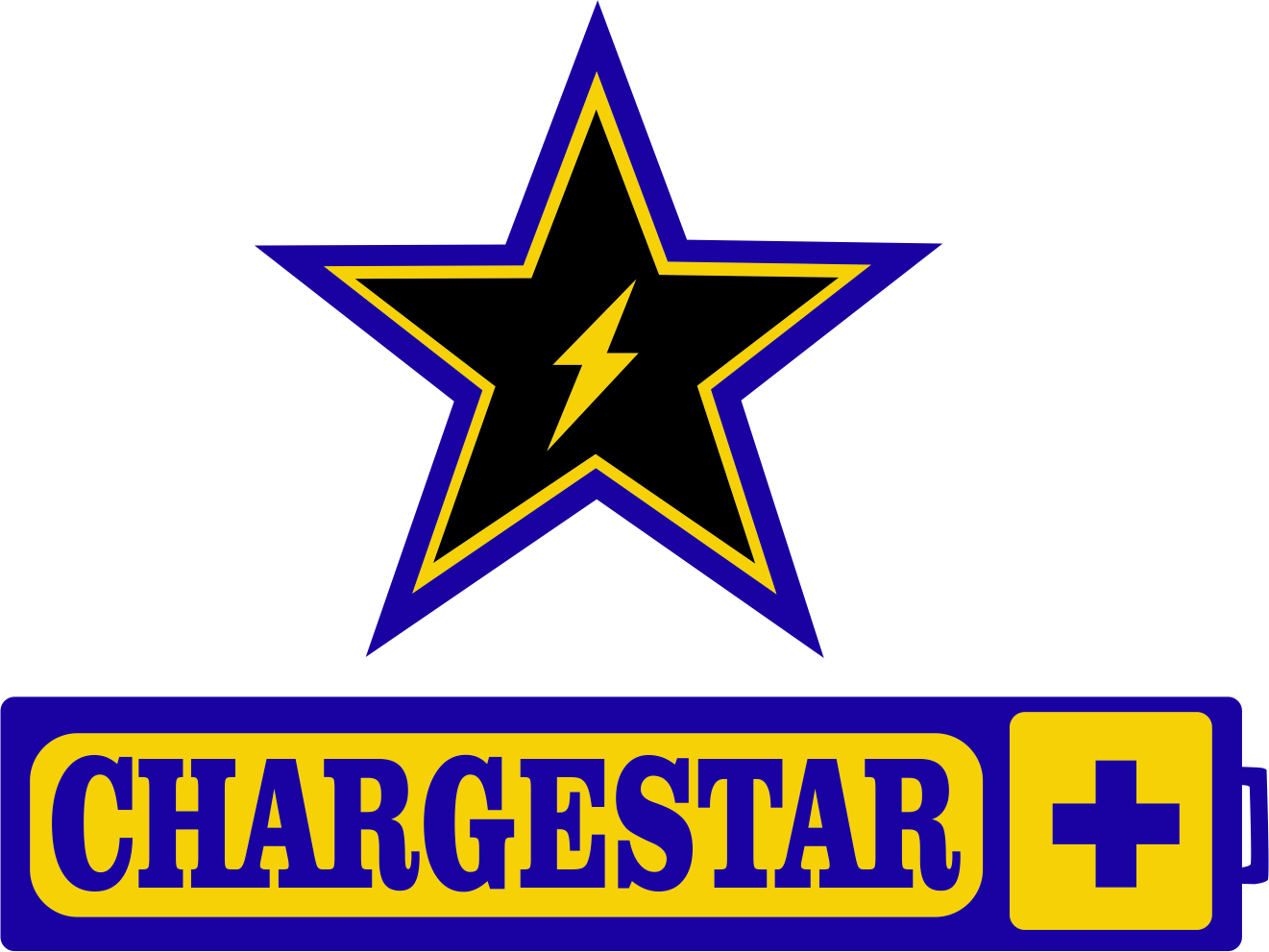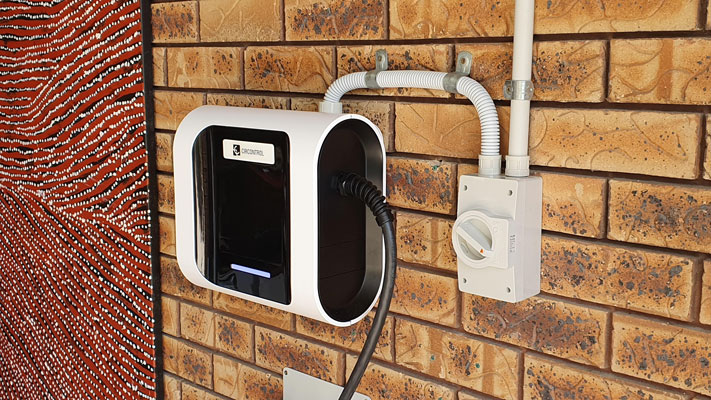The time required to charge your EV depends on the variables such as;
- The Power output of the charging station
- Speed of EV’s onboard charger
- Storage capacity of the battery
- Amount existing charge (power) in the battery
Approximately, a single- phase 7kW charging station would provide 30km range per hour of charging. Most EV’s are fully recharge overnight. The following table shows the recharge time of some EV Model for a fully depleted battery.
EV Brand
and Model | Onboard Charger | Drive Range | Battery Capacity | Charger -7.4 kW | Charger -22.2 kW |
| Audi e-tron | 11kW | 350km | 95kWh | 12.8 hrs | 4.3 hrs |
BMW i3 (2018
onwards) | 11kW | 250km | 43kWh | 5.8 hrs | 1.9 hrs |
Hyundai IONIQ
Electric | 7.2kW | 294km | 38.3kWh | 5.2 hrs | 1.7 hrs |
Hyundai KONA
Electric | 7.2kW | 449km | 64kWh | 8.6 hrs | 2.9 hrs |
Mercedes-Benz
EQC | 11kW | 350km | 80kWh | 10.8 hrs | 3.6 hrs |
| Nissan LEAF | 6.6kW | 243km | 40kWh | 5.4 hrs | 1.8 hrs |
| Jaquar I-PACE | 7.2kw | 380km | 90kWh | 12.2 hrs | 4.1 hrs |
| Tesla Model 3 | 11kW | 450-650 | 75kWh | 10.1 hrs | 3.4 hrs |




